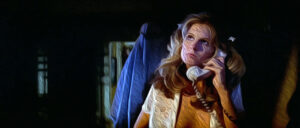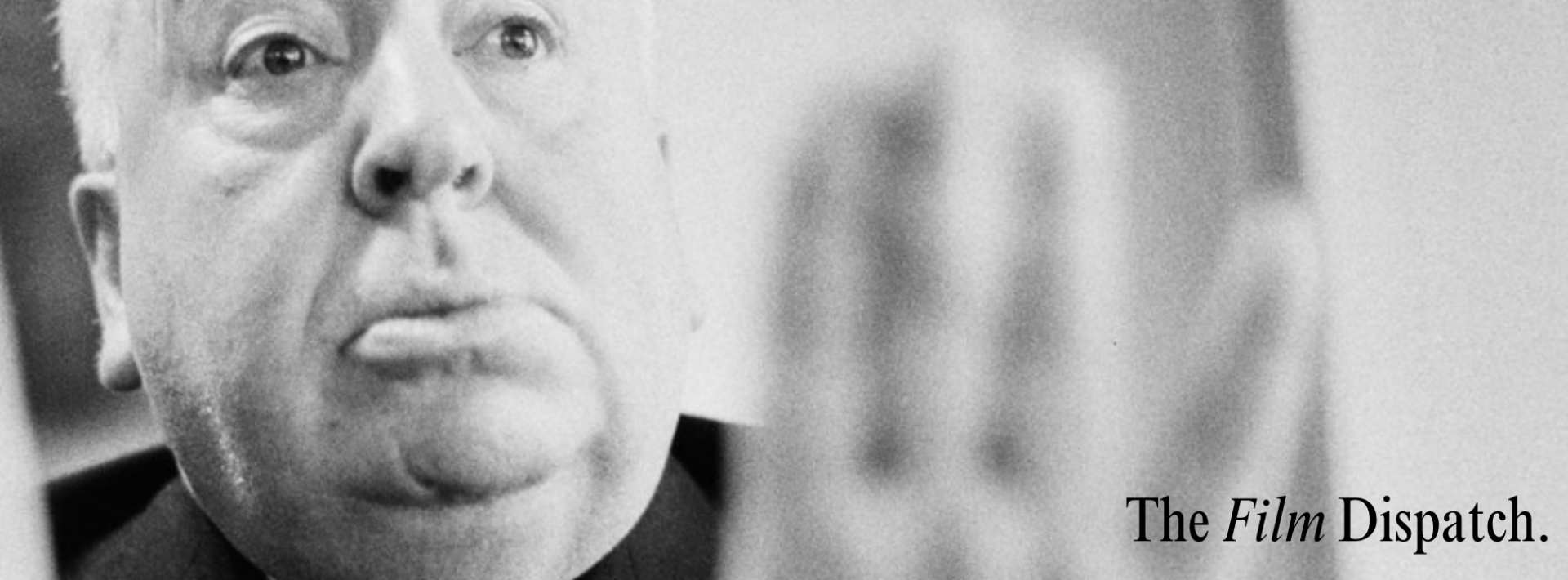
1978’s Halloween is one of the most influential horror films of all time. Where once horror’s danger was avoidable – don’t go into shark-infested waters, don’t stay at a creepy motel with a man and his stuffed birds – Halloween showed viewers that horror could come for them.
With the film’s phenomenal and unexpected success, Halloween became the fundamental slasher film – not because it was the first, but because its narrative could be distilled into a basic, easily reproducible formula that could be made on a low budget. Thus, the slasher era of the 80s was born.
It is hard to separate the film from its director, John Carpenter. After all, its title credits explicitly call it “John Carpenter’s Halloween”. However, there is another person who was equally instrumental in making the film what it was – producer Debra Hill.
Hill was brought onto the project by her then-boyfriend, Carpenter, not because they were partners (they actually split up before filming started), but because she was good at her job. Many of the cast and crew credit Hill as a real powerhouse, explaining that without her creativity and drive, the film simply would not exist. She helped with casting. She gave the fictional Illinois suburb its name (Haddonfield). Hers was the hand that picked up the knife in the film’s opening point of view shot. She solved problems. She got the film made.
Hill is also the reason for the film’s focus on the friendship between the three leading women. Written during the 1970s women’s liberation movement, Hill wanted the women to feel real. Yes, this was a film about a maniac marching into the suburbs, but it was also about three young women experiencing and learning about sexuality. This is what Hill focused on when she wrote and even directed a few of the film’s early scenes between the girls. The girls are not simply stereotypes. Take final girl Laurie Strode (Jamie Lee Curtis) – she is just as interested in boys as her friends are, and even smokes pot with her friends (and willingly too!). The girls are supposed to be individuals, learning together.
This subplot was completely overlooked when everyone scrambled to capitalize on Halloween’s success. Instead of seeing a movie about three friends who are attacked, copycat filmmakers reduced the narrative to “you have sex, you die”. As copycat films came out, and then the copycats of copycats, this limited, one dimensional understanding of the narrative was reduced further and further until there was nothing left. These films leered at the teenage girls on screen, who were nothing more than stereotypes that got increasingly unrealistic, so films could justify making a spectacle of their torture and deaths. They were no longer real people but instead reduced to body counts.
Looking back at Halloween now, we need to credit the film for its focus on strong female characters that were made possible by the strong woman behind the film, Debra Hill.
Written by Innes Seggie for The Film Dispatch.

